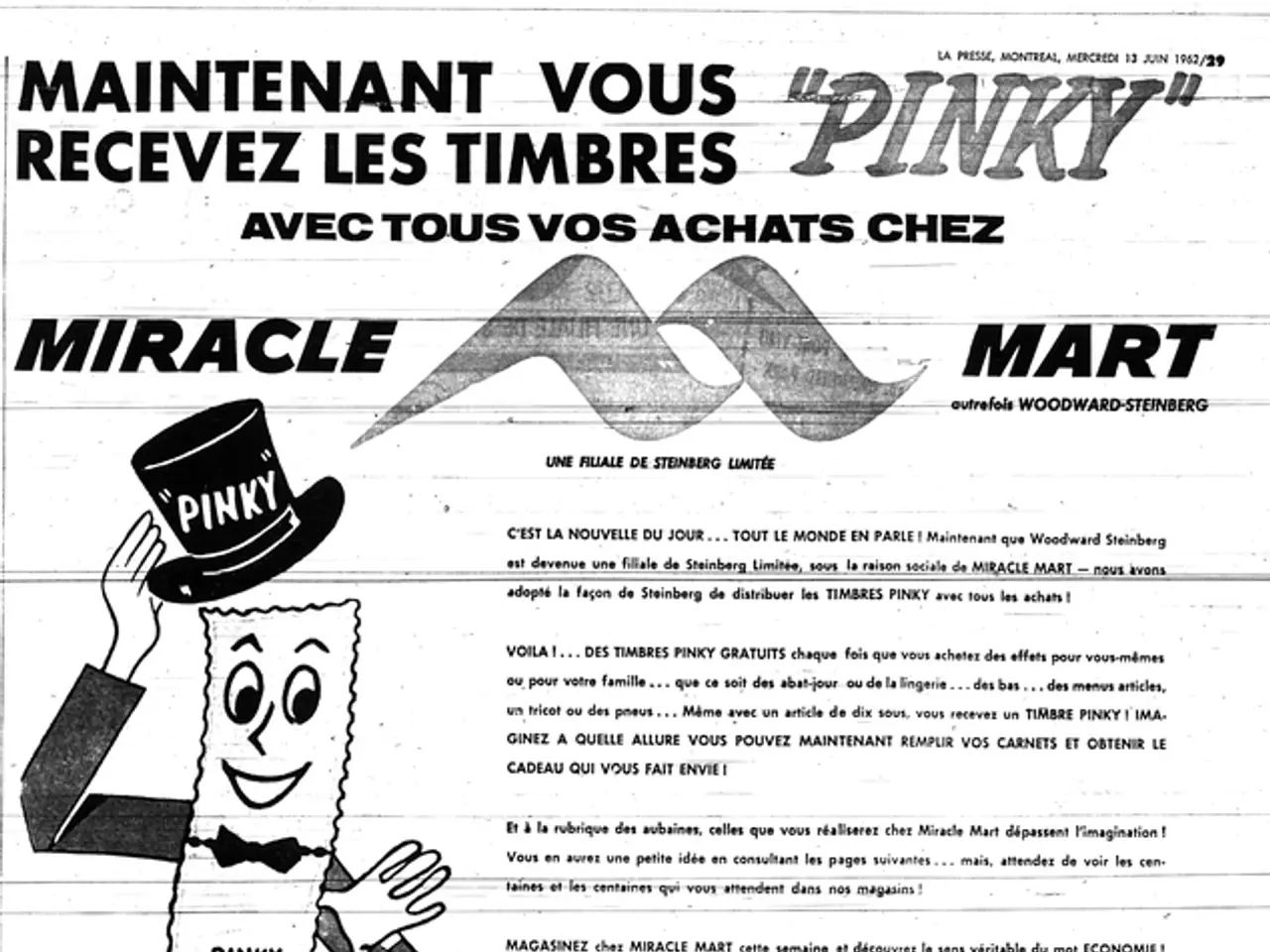UK Falsified Reviews and Endorsements Draw Scrutiny from the CMA
The Dubai Multi Commodities Centre Authority (DMCCA) has issued new rules on false reviews, breaking news on covert advertising and social media endorsements under the Digital Markets, Competition and Consumers Act 2024 (DMCCA). The Competition and Markets Authority (CMA) has published guidance on these new prohibitions, giving businesses a three-month grace period to comply.
The CMA has identified three main areas of concern: non-existent or hard-to-find policies, a lack of clear prohibition on fake reviews, and a lack of policy on incentivised reviews. To address these concerns, the CMA's updated guidance for social media platforms sets out extra steps that should be taken. These include labeling advertising, preventing hidden advertising and fake reviews, user reporting, facilitating compliance by brands, and enforcement.
Any business that publishes consumer reviews now has to take reasonable and proportionate steps to prevent and remove fake reviews, concealed incentivised reviews, and false or misleading consumer review information. Review sites must publish reviews in a timely manner and inform users of the difference between reviews and complaints. All reviews on online review sites must be genuine, relevant, and not distorted by fake or incentivised reviews.
Businesses that allow the publication of reviews and endorsements should review the CMA's main fake reviews guidance and any relevant short guides. Incentivisation for content creators includes being sent 'freebies' or 'gifts' without being asked for anything in return. The CMA reminds brands to clearly label all incentivised endorsements on social media. Brands are responsible for labeling incentivised endorsements, whether they offer payment, gifts, or any other incentive.
Social media platforms should assess the risk of hidden ads and fake reviews appearing on their platform, use automated tools to detect unlabelled incentivised endorsements, carry out manual checks, remove non-compliant content, and hold content creators accountable if banned content continues to appear. The CMA conducted an online sweep of review platforms to assess compliance, finding over half of the businesses reviewed could be failing to comply with the guidance.
Non-compliance with fake review laws under the DMCCA could result in action from both the CMA and the Advertising Standards Authority (ASA). The CMA is prepared to take fast action to enforce the new fake review rules and has written to non-compliant websites, requesting they put appropriate measures in place. The CMA has updated its guidance for online content creators, influencers, brands and agencies, and platforms to reflect the new DMCCA requirements on reviews and social media endorsements.
When working with third parties, businesses must ensure they are compliant. The ASA is actively monitoring endorsements and enforcing where complaints are made. Businesses should not offer inducements to customers for positive reviews. The CMA's updated guide for businesses and agencies advises them not to write fake reviews or commission third parties to do so.
The new rules aim to protect consumers from misleading information and ensure a fair and transparent online marketplace. The CMA expects to focus its early action on the new banned practice relating to fake reviews, as the three-month grace period has passed.




